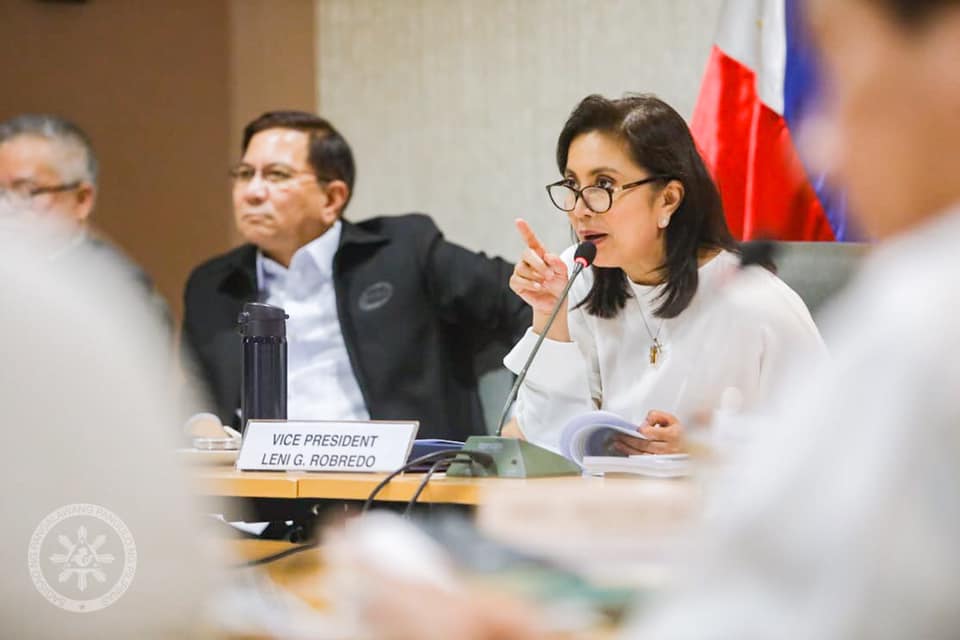
MANILA — Malacañang on Sunday brushed aside the claim of London-based think tank that more foreign investors may be lured into the Philippines in the event that Vice President Maria Leonor “Leni” Robredo replaces President Rodrigo Duterte due to his health issues.
Presidential Spokesperson Salvador Panelo said Robredo taking over as the country’s president was just a “wishful thinking”.
“Unang-una, ‘yun ay wishful thinking (First and foremost, that’s a wishful thinking),” Panelo said in an interview with dzIQ, when sought to react to think tank Capital Economics statement that foreign investors would welcome the idea of Robredo replacing Duterte.
“Pinakikialaman na naman nila ‘yung soberentiya at ‘yung tinig ng taumbayan na nag-halal sa kanya overwhelmingly. Masyado silang nakikialam sa pamamalakad ng ating pamahalaan (They are once again interfering in our sovereignty and to our countrymen who overwhelmingly voted for him. They are meddling in our government’s policy),” he added.
Section 8 of the 1987 Constitution states that, “in case of death, permanent disability, removal from office, or resignation of the President, the Vice-President shall become the President to serve the unexpired term.”
In a report titled “Duterte health worries, Sri Lanka election” and published on November 15, Capital Economics senior Asia economist Gareth Leather claimed that there was a downtrend in foreign investments since Duterte assumed presidency in 2016.
Leather said while Robredo has scant knowledge about economic policies, “a change in president would probably be welcomed by investors.”
Leather also noted Robredo’s “fierce opposition to Duterte’s authoritarian tendencies, including his willingness to undermine political institutions, his attacks on political opponents, as well as the controversial war on drugs” could entice foreign firms to invest in the Philippines.
Panelo debunked the think tank’s claim, saying that the Philippines has “good” foreign investments.
“Ang alin, foreign investment? Eh maling-mali siya doon. Definitely, di ba sinasabi nga ng mga economic managers na ang ganda ng investment natin, lalung-lalo na sa foreign (About foreign investment? He’s wrong with his claim. Our economic managers are definitely saying that we have good investments, most especially in foreign investments),” he said.
“‘Yun ang sinasabi natin kay VP Leni na maging maingat ka sa pag-tanggap ng mga payo sa’yo ng inaakala mo na makakatulong ay baka sa halip na makatulong ay makasira (That’s why we are telling VP Leni to be careful with accepting a piece of advice from others, which you think can help you but truth is, would just destroy her),” Panelo added.
Data from the Bangko Sentral ng Pilipinas showed that foreign direct investments registered a net inflow of USD543 million in July 2019.
For the first seven months of 2019, long-term equity net inflows totaled USD4.1 billion.